
Dread Pirate Roberts 2, the 'guiding mind' of Silk Road 2.0, jailed for over 5 years
Thomas White, the founder of notorious website Silk Road 2.0, has been jailed for five years and four months by a UK court.
White, also known as Dread Pirate Roberts 2, was charged with not only running Silk Road 2.0 -- the site through which he earned hundreds of thousands of dollars per day on the dark web -- but also the possession of hundreds of indecent images of children.

Beta and nightly builds of Firefox now protect against fingerprinting and cryptomining
Mozilla has added new protective features to the nightly and beta versions of Firefox. Through a partnership with Disconnect, the browser is now able to block cryptocurrency mining and fingerprinting scripts.
The new features mean that users are protected against scripts that can be used to track them online, as well as those that use CPU cycles to mine for cryptocurrency. Mozilla says it is part of its mission to protect people from "threats and annoyances on the web".
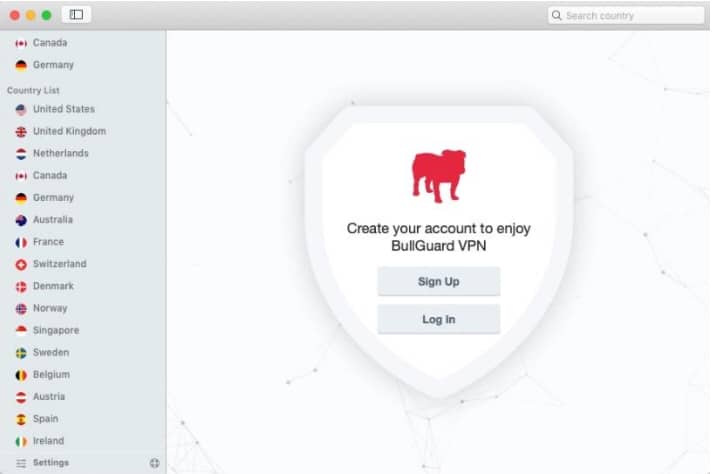
BullGuard adds to its product line with a VPN
Cybersecurity company BullGuard is launching its own VPN for Windows, Mac, Android and iOS, intended to make it simple for users to ensure their online privacy.
Designed to be easily used across multiple devices, BullGuard VPN features a simplified user interface and quick connect functionality, enabling consumers to fly under the radar and surf the internet in stealth mode while retaining complete anonymity via military-grade encryption.
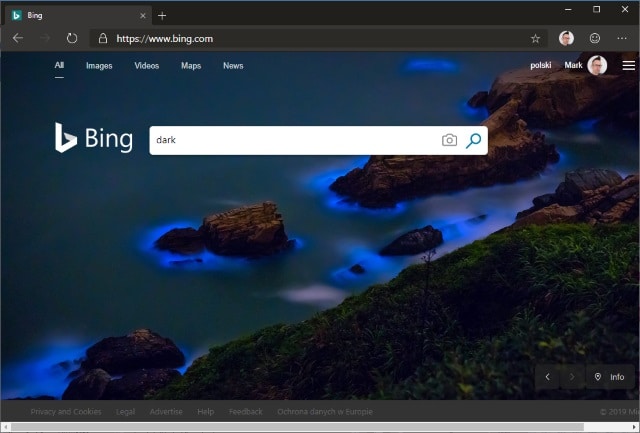
How to enable dark mode in new Chromium-based Microsoft Edge
There has been talk of a Chromium-based version of Microsoft Edge for a while, and now Microsoft has finally released the browser to those willing to take part in the Insider program.
While it's early days for this new version of Edge, there is already the Microsoft Edge Insider Addons website to investigate, but you may also want to experiment with settings. One such setting is dark mode -- something which has proved very popular in all sorts of apps. Here's how to enable it.
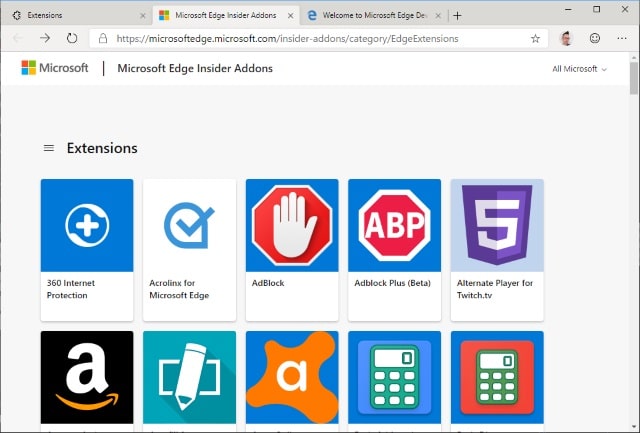
Microsoft Edge Insider Addons website launched
The first official builds of Chromium-based version of Microsoft Edge are now available to download, and Microsoft has also launched the Microsoft Edge Insider Addons website.
Anyone using the standard, non-Insider version of the browser is probably familiar with the addons and extensions that are available from the Microsoft Store for Edge. But with the new Chromium version of Edge, the new website gives an easy way to extend the capabilities of the Dev and Canary builds.
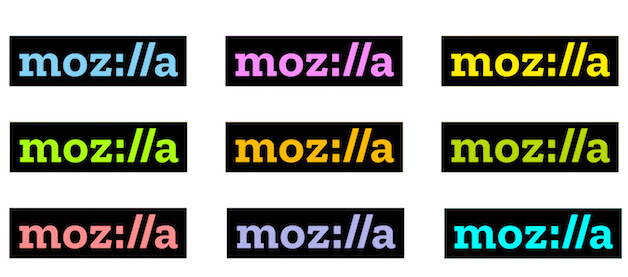
Mozilla is launching curated Recommended Extensions program this summer
However much you love your chosen web browser, you have probably enhanced its capabilities through the use of add-ons. Finding decent, reliable add-ons can be tricky, and this is why Mozilla is launching the Recommended Extensions program.
This editor-curated program will surface the very best vetted extensions for Firefox, and it is due to roll out in stages later this summer.
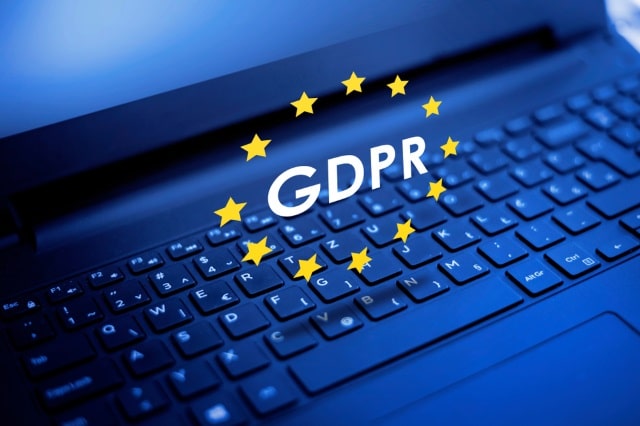
GDPR rules could be used by the UK to fine tech firms for 'harmful content'
The UK is looking at hitting technology companies with financial penalties if they fail to do enough to counter "harmful content" on their platforms.
Jeremy Wright, the Digital, Culture, Media and Sport (DCMS) secretary, says that tech firms need to be made to "sit up and take notice" when it comes to dealing with problematic content. While clearly aimed more at social media companies, the proposals would encompass other technology firms as well. The plans also suggest that search engines should remove links to offending websites, and that some sites could even be blocked completely.
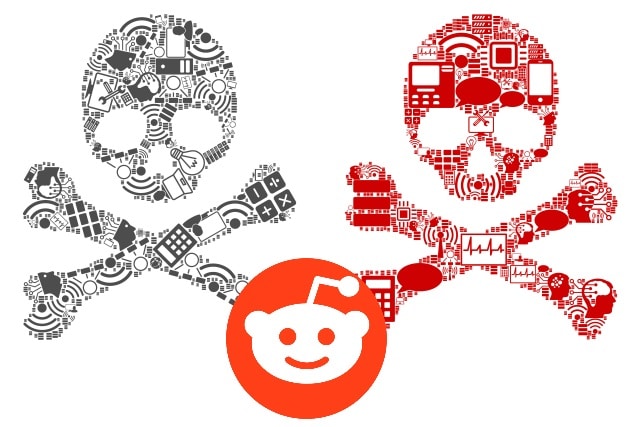
/r/Piracy is going on a massive deletion spree to avoid a Reddit ban
Reddit has never been much of a stranger to controversy, and the site has faced mounting pressure from copyright-holders to do something about piracy.
Moderators have been fighting a losing battle to keep illegal content in check, but with complaints still flooding in, the /r/piracy subreddit is taking drastic action. Having spoken to the community about initiating "The Nuclear Option", the decision was taken to delete nearly a decade's worth of content.
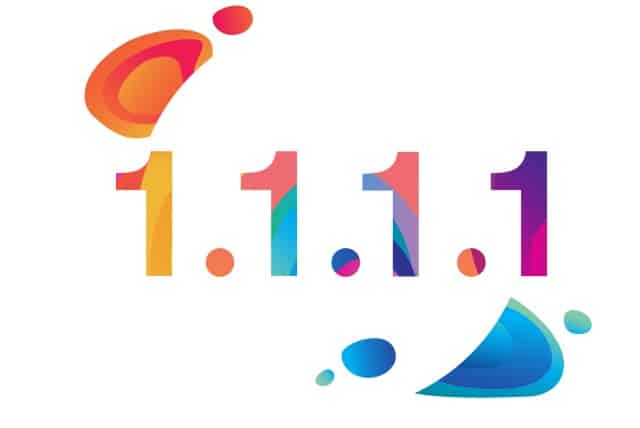
Cloudflare announces free VPN service, Warp, to complement its 1.1.1.1 DNS resolver
Online privacy has become such a concern that VPN tools -- once used only by technology experts -- have now started to become far more mainstream. Android users can take advantage of Opera's built-in VPN, and there are many other services to choose from.
Adding to this list, Cloudflare has announced a new free VPN service called Warp. It will become part of the company's existing privacy-focused 1.1.1.1 DNS resolver, and just as 1.1.1.1 was designed to simplify using a DNS tool, so Warp is being billed as a "VPN for people who don't know what V.P.N. stands for".

How to schedule emails in Gmail
It seems hard to believe, but Gmail has now been with us for 15 years. To celebrate a decade-and-a-half of existence, Google has added a handful of new and improved features to it.
Smart compose has been updated and expanded to more devices and languages, and it has also been made smarter with AI-powered personalization. But the star of the show is email scheduling, something people have been asking for for years. Here's how to use it.
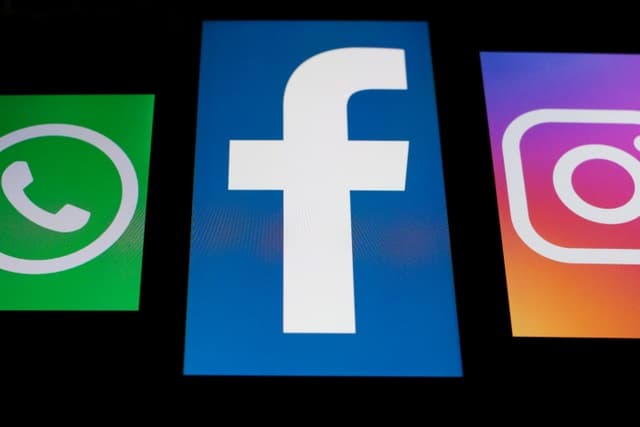
Mark Zuckerberg's calls for internet regulation are just an attempt to shift the blame from Facebook
Over the weekend, Mark Zuckerberg set out what he described as "four ideas to regulate the internet". Were these ideas put forth by someone else, it might be possible to refer to this as an impassioned plea -- but this is Zuckerberg we're talking about.
He suggests GDPR-style privacy regulation in the US. He wants more control of hate speech. He believes more needs to be done about political advertising, particularly around the time of elections. And he likes the idea of data portability. These are reasonable ideas and -- importantly -- there is nothing to stop Facebook from implementing them now. To lead the way. There is no need to call for, or wait for, legislation.
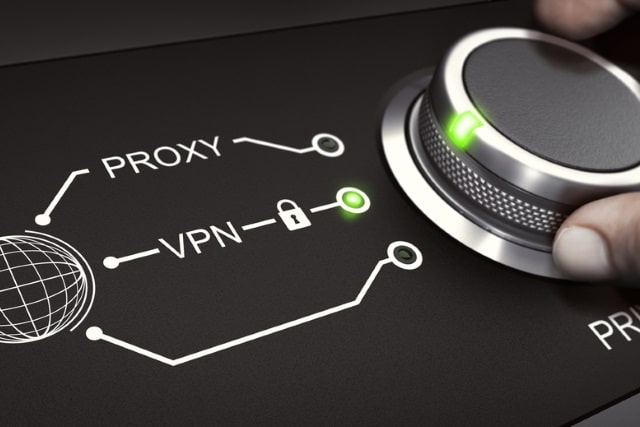
Russia orders NordVPN, ExpressVPN, HideMyAss and other VPNs to block numerous sites
VPNs are frequently used by people to increase security, improve privacy, to browse the internet as if in another country, and to bypass restrictions put in place by ISPs and governments. Aware of this, authorities in Russia have ordered ten big-name VPNs to block access to various sites banned in the country.
Among those to have been contacted by the authorities are NordVPN, ExpressVPN, IPVanish, HideMyAss and TorGuard. At least one of these VPN providers has decided to pull out of Russia.
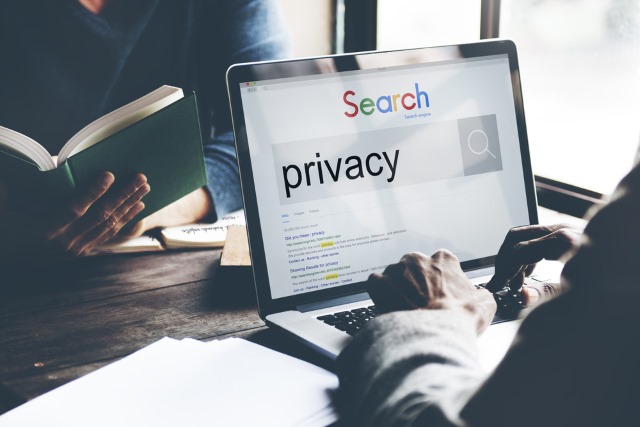
More than half of internet users think complete digital privacy is impossible
According to a report from Kaspersky Lab, 56 percent of internet users feel that complete privacy in the modern digital world is impossible.
For many people, their worries about digital privacy may come from personal experience. Kaspersky's research finds that 26 percent of people have had their private data accessed by someone without their consent, rising to almost a third (31 percent) among 16- to 24-year-olds.

Warning: Don't change your Twitter birthday to 2007
Many things go viral online these days -- funny cat videos, memes, stupid "challenges", and all manner of helpful hints and tips. Something that's doing the rounds at the moment encourages Twitter users to change their birthday to a date in 2007.
This might sound like a strange thing to do, but there is the promise of secret new color schemes or rainbow mode being unlocked to lure people in. There are also claims that changing your birthday will get your account verified and earn you a prestigious blue tick. It is -- of course -- not true, but this is not stopping Twitter users from trying it... and regretting it.
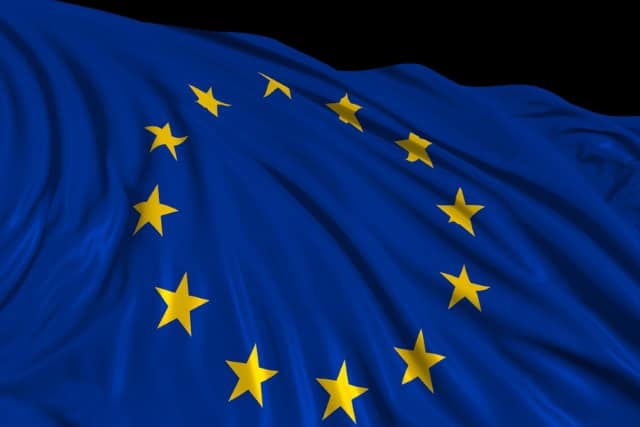
Article 13: EU approves controversial copyright law despite massive opposition
The European parliament has voted in favor of major changes to copyright law, including two highly controversial clauses -- article 11 and article 13.
Known respectively as the "link tax" and the "upload filter", these two clauses have generated a great deal of interest from internet users and the technology industry alike. In particular, article 13 has proved especially controversial, holding websites responsible for material uploaded without a licence -- something critics say could only be adhered to with content filters.